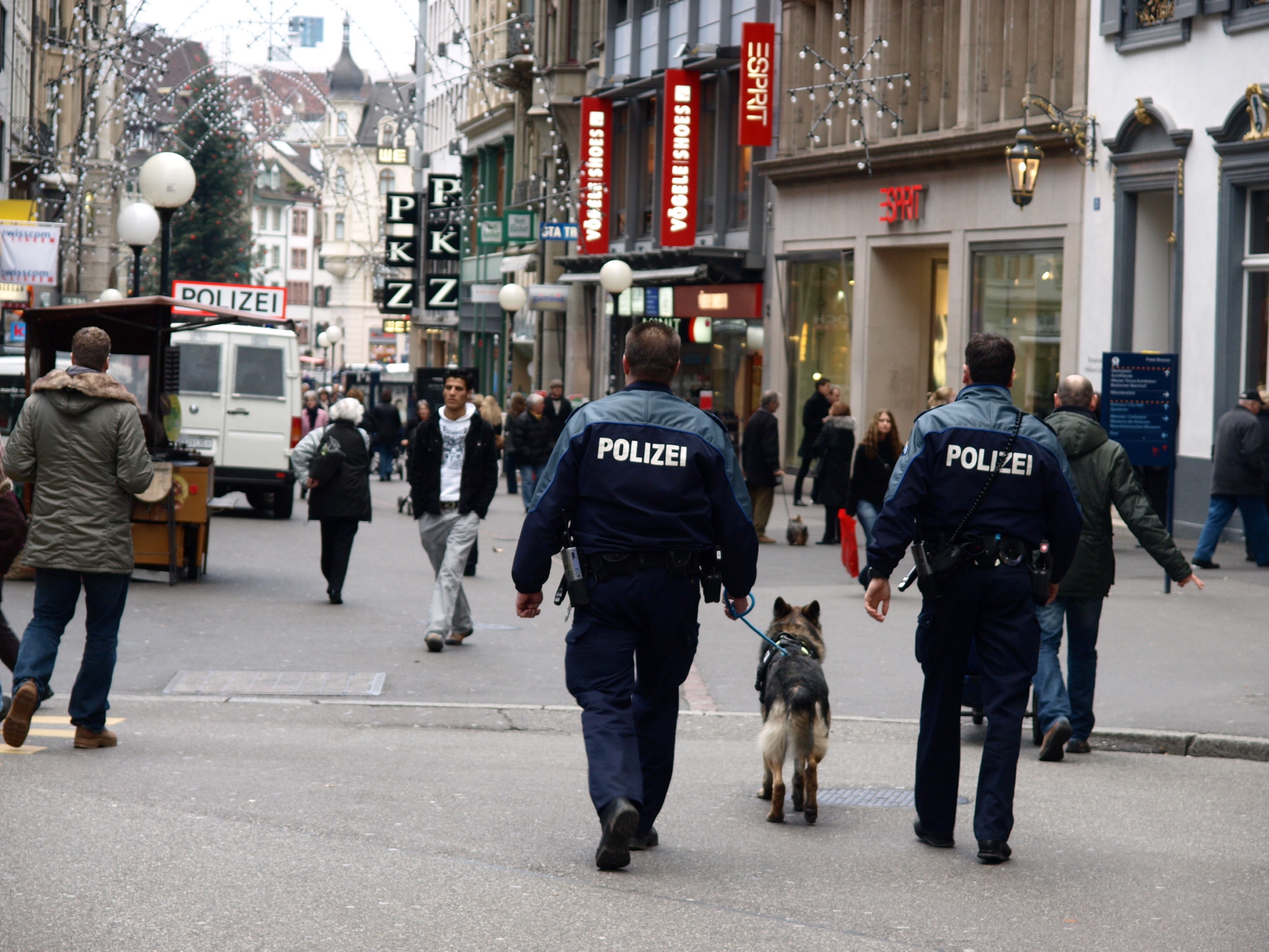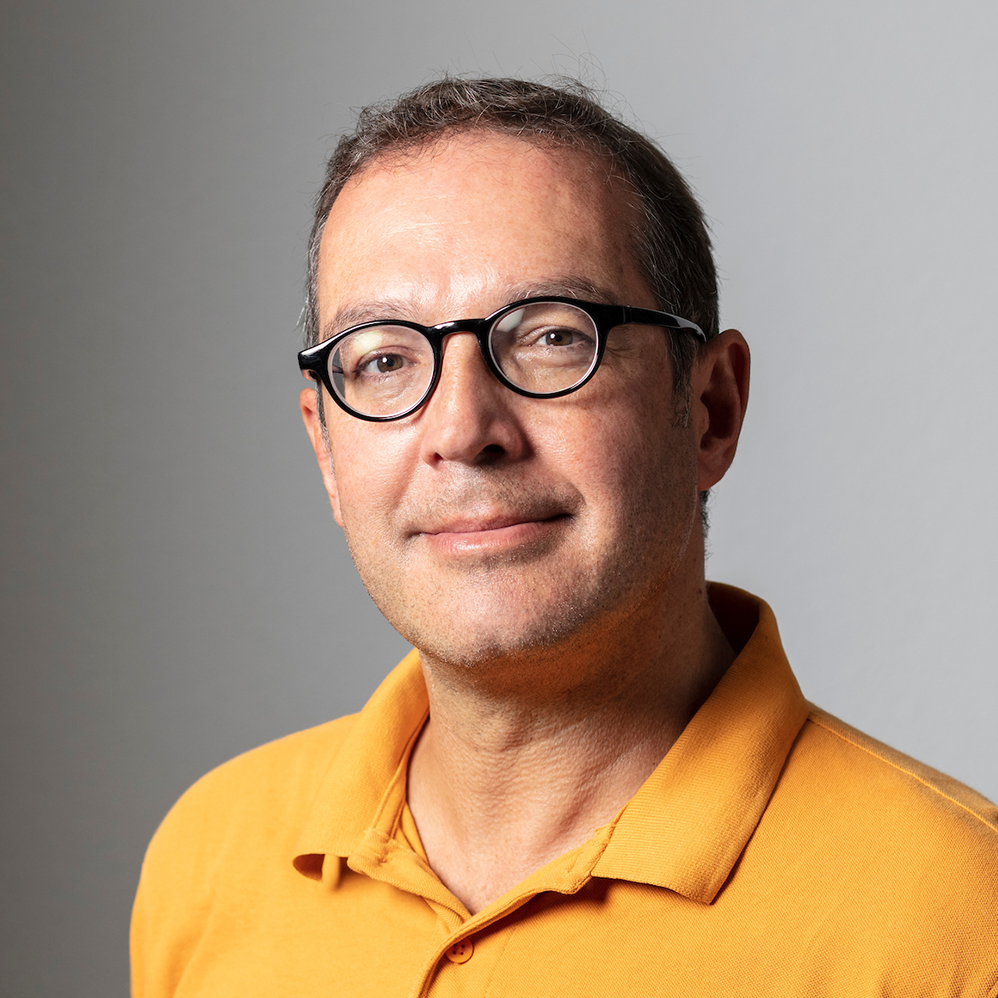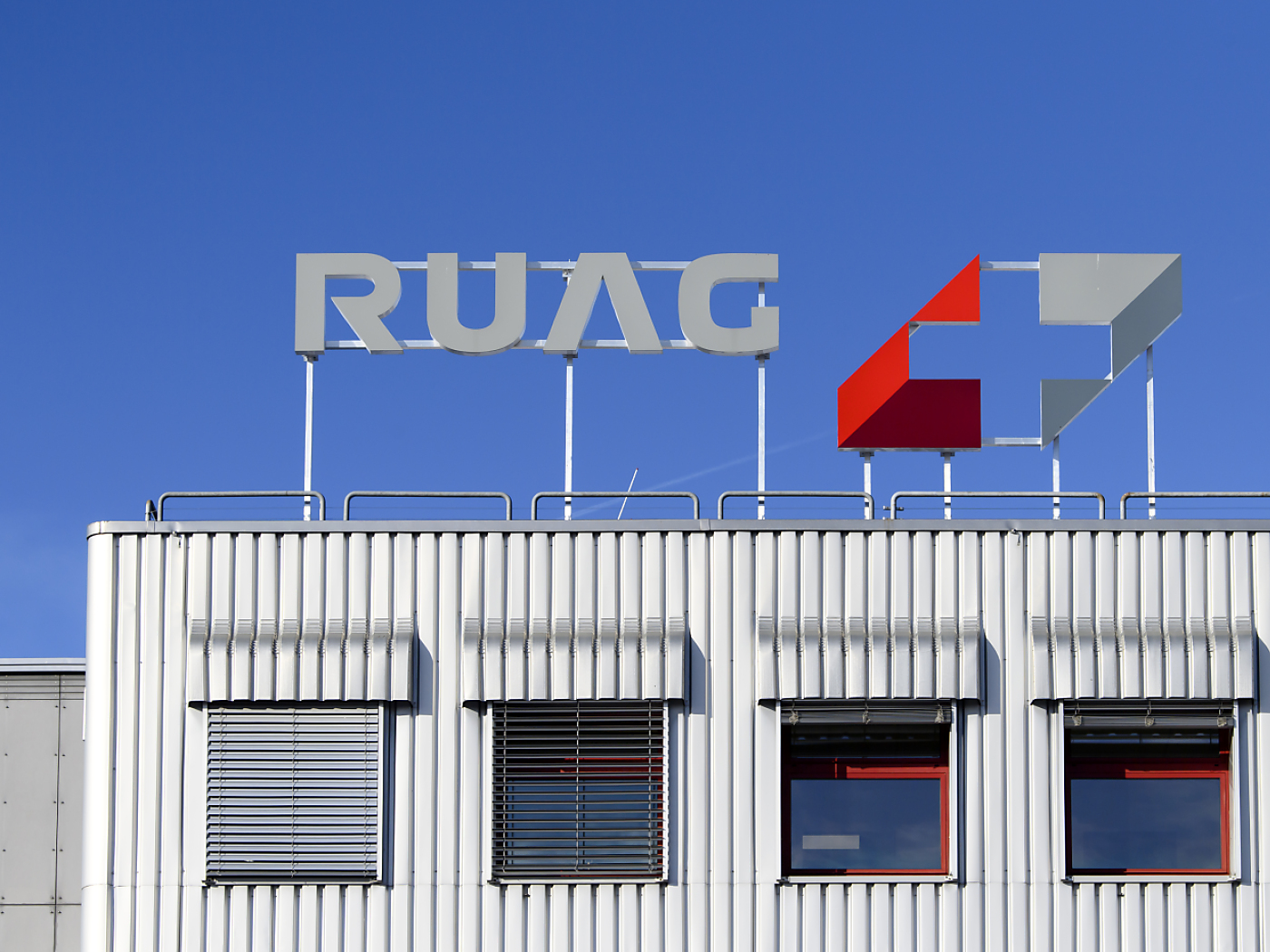Police recruitment of foreigners divides opinion

Letting foreigners serve in the police has again ignited a debate in the media. While many find it hard to imagine a German or French police officer fining a Swiss citizen, canton Basel City has been recruiting foreigners for almost 20 years.
Richard Wolff, head of the police department in the city of Zurich, did not expect so much controversy when, in mid-September, he took stock of his first 100 days in office. He had proposed to integrate foreigners into the police force of Switzerland’s largest city.
Criticism wasn’t long in coming. Both the police officers’ union and politicians across the spectrum saw this as problematic. “Police work is a state activity,” said Guido Müller from the rightwing Swiss People’s Party.
Two months later, Wolff admitted that the issue was controversial but stuck to his guns. He told a Sunday newspaper that “the police should be a mirror of society. The aim would be that even dark-skinned officers conduct identity checks. They would probably have more understanding of people who look different.”
Rarity
Foreign officers are still a rarity in Switzerland. Because the cantons are responsible for the maintenance of peace and order, there are different laws across the country.
Currently only the cantons of Basel City, Schwyz, Geneva, Neuchâtel and Jura accept people with foreign passports in their police forces. They all judge the experience in a very positive light.
The local authorities list the advantages: “I see this as a great opportunity for our cantonal police because, firstly, more people will be able to apply for this job. What’s more, I believe that police officers would be better accepted and would be closer to the people,” said Baschi Dürr, a member of the Basel government and director of the justice department.
Since the revision of the 1996 Police Act, Basel City has employed foreigners as police officers.
Of the roughly 700 police officers, 570 are men and 130 women. Between 15 and 25 are foreigners with a C permit (residence permit). There are probably more since many naturalise during or after the training.
The foreigners come from Germany, Finland, Italy, Croatia, the Netherlands, Portugal, Spain, Turkey and Hungary. Many have grown up in Switzerland.
Besides Basel City, the cantons of Schwyz, Neuchâtel, Geneva and Jura accept foreigners in their police forces.
Overstretched
Enrolling foreigners in the police is also a response to the shortage of qualified personnel. The increase in the Swiss population to eight million, and open borders with its neighbours have brought new challenges. According to statistics, crime rose by 8.2% in 2012 with 750,000 offences. Crimes committed by asylum seekers increased by 40% and those of tourists by 14%.
Across Europe, Switzerland has one of the lowest ratios of police per head. Overall, Switzerland has 17,141 police officers – one officer for every 469 inhabitants. In Germany, there is a policeman for every 370 inhabitants.
As a result of being overworked, the Swiss police have rung up overtime and absences due to sickness. “The country needs between 7,000 and 15,000 extra officers at least,” said Jean-Marc Widmer, the president of the Association of Swiss Police Officers.
The Conference of Cantonal Justice and Police Directors estimates that at least 1,500 additional officers are needed. The number might vary but the shortage of manpower is evident. “There is a clear need for at least 10% more police officers,” said Colonel Gerhard Lips, chief of police for the canton of Basel City.
“Besides the increase in population, we now live in a society, which works around the clock. And crime is approaching European levels.”
In Switzerland, maintaining law and order is the job of the cantons.
The country has no federal police. Such a proposal was rejected at the polls in 1978.
However, some police tasks are coordinated at national level by the Federal Office of Police (Fedpol), which was created in 2000. This has no uniformed officers.
In close collaboration with the cantonal police, this agency combats terrorism and its financing, economic crime and organised crime. It is also responsible for state security and legal assistance.
Advertising for new talent
Basel City is now recruiting 45 additional police officers. However, this is no easy feat, said Lips. “In a limited job market, we are competing with other cantons.” In a country with low unemployment, young people have more attractive offers than this profession, which is labelled as dangerous as well as tiring because of the irregular working hours.
In addition, the image of the police has taken some knocks. “There is a lack of respect today towards the police. It is increasingly common for police to be attacked while carrying out their work,” said Widmer.
Given the difficulty in finding candidates for the jobs, the authorities are even turning to Facebook for their advertising campaigns. “Soon we will have ads in the trams. They will show real police officers talking about their job,” said Baschi Dürr. “We will stress the comparative advantage that here even foreigners can become police officers, which is still impossible in most parts of the country,” said Lips. For him, the profession is “very interesting and varied”.
According to Lips, foreign police officers in Basel enjoy no privileges over their Swiss colleagues. “Their daily routine is the same as that of a Swiss. The nationality is irrelevant. The citizens do not care what passport a cop holds. Perhaps they notice someone’s skin colour or a strange-sounding name,” he said.
However, the most important police union leader has a different opinion. “We support the admission of foreigners, but only during the training of police officers. Once they have completed their training, they should naturalise,” said Widmer.
In his view, the difficulty of recruiting new police officers can be solved through better working conditions. When asked why he is opposed to opening up the profession completely to foreigners, he replied categorically: “The law is made in Switzerland by the Swiss and they must be applied by the Swiss.”
(Translated by Vincent Landon)

In compliance with the JTI standards
More: SWI swissinfo.ch certified by the Journalism Trust Initiative









You can find an overview of ongoing debates with our journalists here . Please join us!
If you want to start a conversation about a topic raised in this article or want to report factual errors, email us at english@swissinfo.ch.